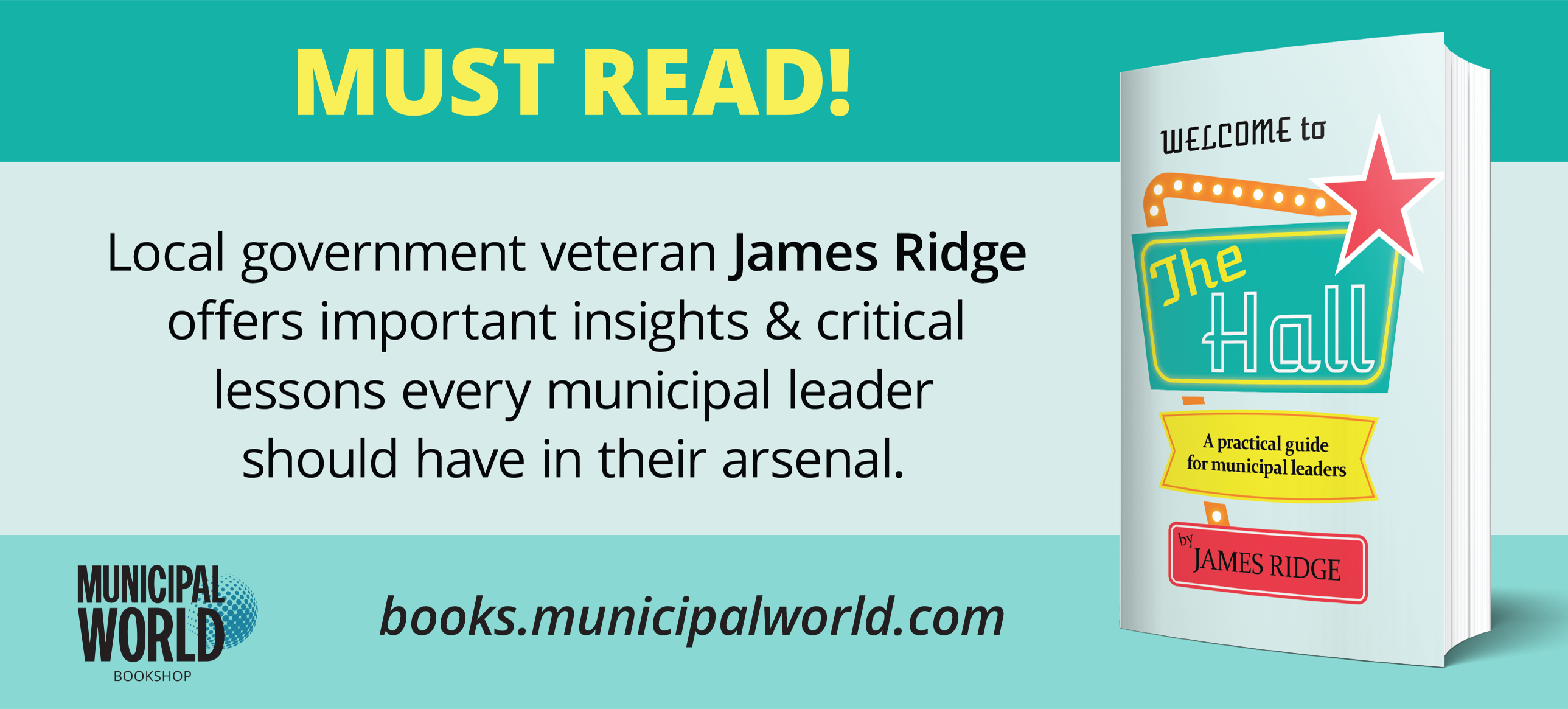7 vital qualities to look for in your local leader

With local government elections happening this fall in several provinces, there is an opportunity for communities to give serious consideration to who will represent them over the next term. The electorate has their say every three or four years, electing people to make decisions on their behalf. They bestow upon this governing body a mandate to do the hard work of setting policy designed to deliver collective services to the community with the limited resources provided.
Like never before, we need relevant, authentic, and forward-thinking leaders who understand the complexities of governing during times of uncertainty and change.
So, how do we attract and elect the best people for the job? What are some qualities and characteristics that are vital in a local leader?
1. Relationship builder
Never underestimate the value of building relationships with each other, with staff, and with the greater community. The investment of time and energy on the front end will save you emotional angst on the back end. Disrespect, contempt, and personal attacks create unhealthy relationships that undermine sound governance. If one wishes another to fail, then everyone fails. Good relationships and sound policy serve your community; spite or pandering seldom does.
2. A team player
A healthy governing body knows that each person was elected by the public as individuals, but that they must work together as a team. Being an effective team player means being able to advocate for one’s position while remaining curious and open minded about the position of others. It also means they work constructively with others without dominating the flow of information or ideas. Their role is to debate and vote as individuals but then respect and support the decision of the majority. They are able to set aside personal interests and influences for the common good.
3. Emotionally mature
Local leaders need to be in tune with their own emotional state and know how it affects them. Given that they are required to make decisions in the best interests of the community – despite opposition – they must be able to withstand criticism. Being emotionally mature means staying engaged, welcoming dissent, and not over-reacting to it. At times, it may mean coping with the intense emotions of others.
4. Approachable
Leadership means listening carefully to others with a desire to understand concerns, ideas, and perspectives. Elected officials are expected to be accessible to the community through meetings and events, and by phone and email. Commitment to clear, diverse, and regular communication with the community is key.
5. Critical thinker
Today’s problems often come from yesterday’s solutions. Elected officials should consider how to best limit shifting a problem into the future by maintaining a long-term perspective and considering the potential impact of decisions.
6. Prepared
Never underestimate the mental preparation required to make decisions about the long-term sustainability of a community. It is easy to believe that being an elected official means attending a few meetings a month; but, effective elected officials are committed to doing their homework. They come prepared to participate in discussions by researching and reading background materials prior to attending meetings, sessions, committees, etc.
7. Financial acumen
We can’t afford to have a governing body where two-thirds of the group glaze over the budgeting process, while a few others want to go through the budget line by painful line. Policy makers need to understand basic financial information and be able to evaluate budgets and financial statements. If they do not, then they should be willing to seek training to improve their skills. They need to comprehend the long-term taxation and budget consequences of financial proposals and decisions.
Being a good leader is not just about one’s opinion or stance on an issue. It is about vital attributes, characteristics, and qualities that contribute to the short-term and long-term wellbeing of the community – now and into the future. MW
Christina Benty, M.A., is a former mayor who uses her superpower to turn any conversation into one about asset management. She is the owner of Strategic Leadership Solutions, a consulting firm whose mission is to inspire and activate excellence in local government through leadership development, governance training, and asset management advocacy. Her TED Talk on Leadership is available at www.youtube.com/watch?v=VmDN0PLHZHk.
A version of this article appeared in Municipal World, July 2018.



